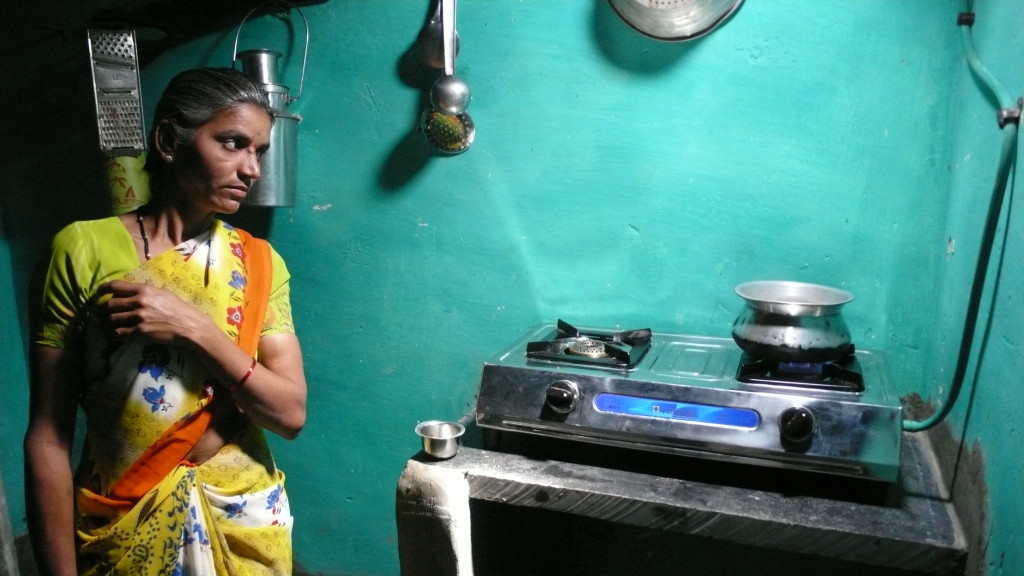
Biogaz Cooker - Karnataka, India © SKG Sangha


Biodigester and vermicompost in India
Starting date: 2008
Beneficiaries: 15,000 people
BACKGROUND
Most rural Indian families rely on wood and kerosene to satisfy their energy needs. Women and children are in charge of collecting the wood several times per week thus contributing to the dwindling of biomass availabilityThe use of traditional fireplaces is responsible of many respiratory and ocular infections for the users. Moreover, the use of chemical fertilizers contributes to the reduction of the soil fertility and thus in a depletion of the crop yields.
Manufacturing and developing biogas digesters and production of vermicompost bring a real suitable alternative to those problems and allows to produce a natural fertilizer for crops.
ACHIEVEMENTS
The implementation of biogas digesters was completed in 3 steps:
- in 2008: construction of 516 biogas digesters (Hassan)
- in 2009: construction of 755 biogas digesters (Arakalagudu)
- in 2010: construction of 1,716 biogas digesters (Siddlaghatta)
Emission reductions have been estimated to be approx. 6 tCO2e year/biodigester.
VIDEO
Envionmental benefits | Social and economic benefits |
|
|
